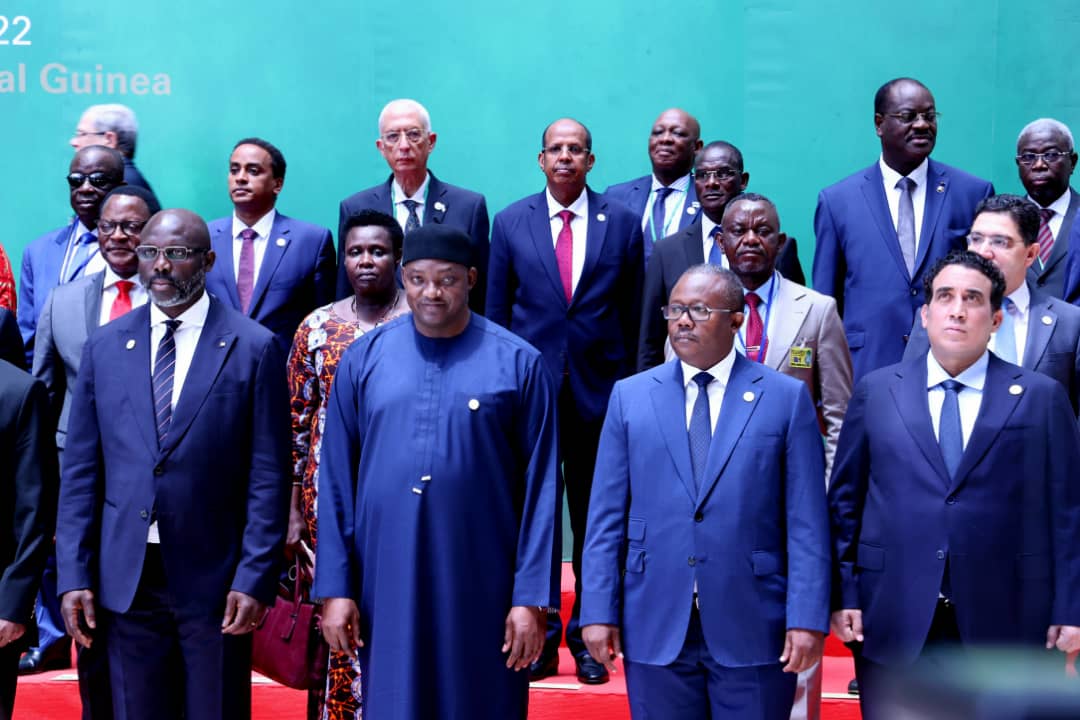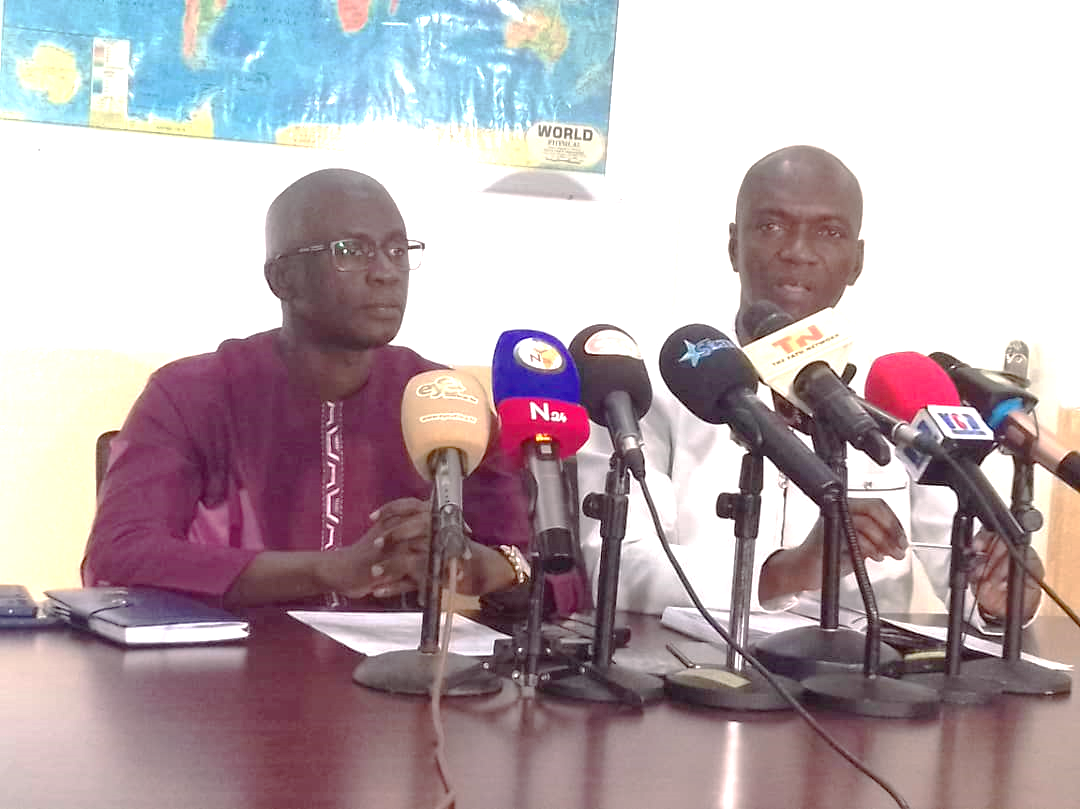President Adama Barrow has welcomed the African Union humanitarian collective undertaking to examine and re-define the continental initiatives for improving the humanitarian situation, which will continue to be potential channels to realising the “Africa We Want”.
“We now need to keep up the momentum to implement sustainable recovery programmes,” the Gambian leader said at African Union Humanitarian Summit and Pledging Conference in Malabo, Equatorial Guinea on May 28, 2022
The President emphasized that food insecurity continues to impact negatively on the continent’s development, and malnutrition has become a challenge.
He told his counterparts that sustainable investments in agriculture, as a solution, are a valid proposal to adopt, with the funding gaps addressed through collaborative partnerships.
President Barrow observed that the health systems of Member Countries have been subjected to immense pressure due to the prevailing pandemic.
“Unfortunately, the situation is worsened by reported human rights violations, gender-based violence, and violence against women and children.
Strengthening the continent’s legal instruments and operational protocols need to continue to effectively protect internally displaced persons, refugees, asylum seekers, and other vulnerable groups,” the Gambian leader pointed out.
He added: “Our collective drive to improve this urgent humanitarian situation should optimise the demographic dividend of the continent.
The youths and women are essential stakeholders for improving humanitarian situations, particularly through peace, security, and socio-economic transformation and development programmes.”
He stressed that additionally, the process of operationalising the African Humanitarian Agency must be expedited to establish an institutional framework that provides timely humanitarian interventions to distressed societies.
President Barrow noted that climate change and the resulting displacements of persons also continue to have adverse effects on domestic capacities and ecosystems to improve the humanitarian situation.
“Consequently, the situation highlights the importance of financing climate change mitigation efforts.
We must continue to consider sustainable financing for climate change mitigation and adaptation. Accordingly, my Government has embarked on a process of formulating a green-focused development plan and long-term vision,” he added.
“As we work towards mitigating our humanitarian challenges, it is necessary to close the gap between humanitarian needs, intervention programmes, and funding.
Solutions need to be outlined and implemented to acquire adequate funding for humanitarian action through closer partnerships among national, regional, continental, and global stakeholders,” he said.




